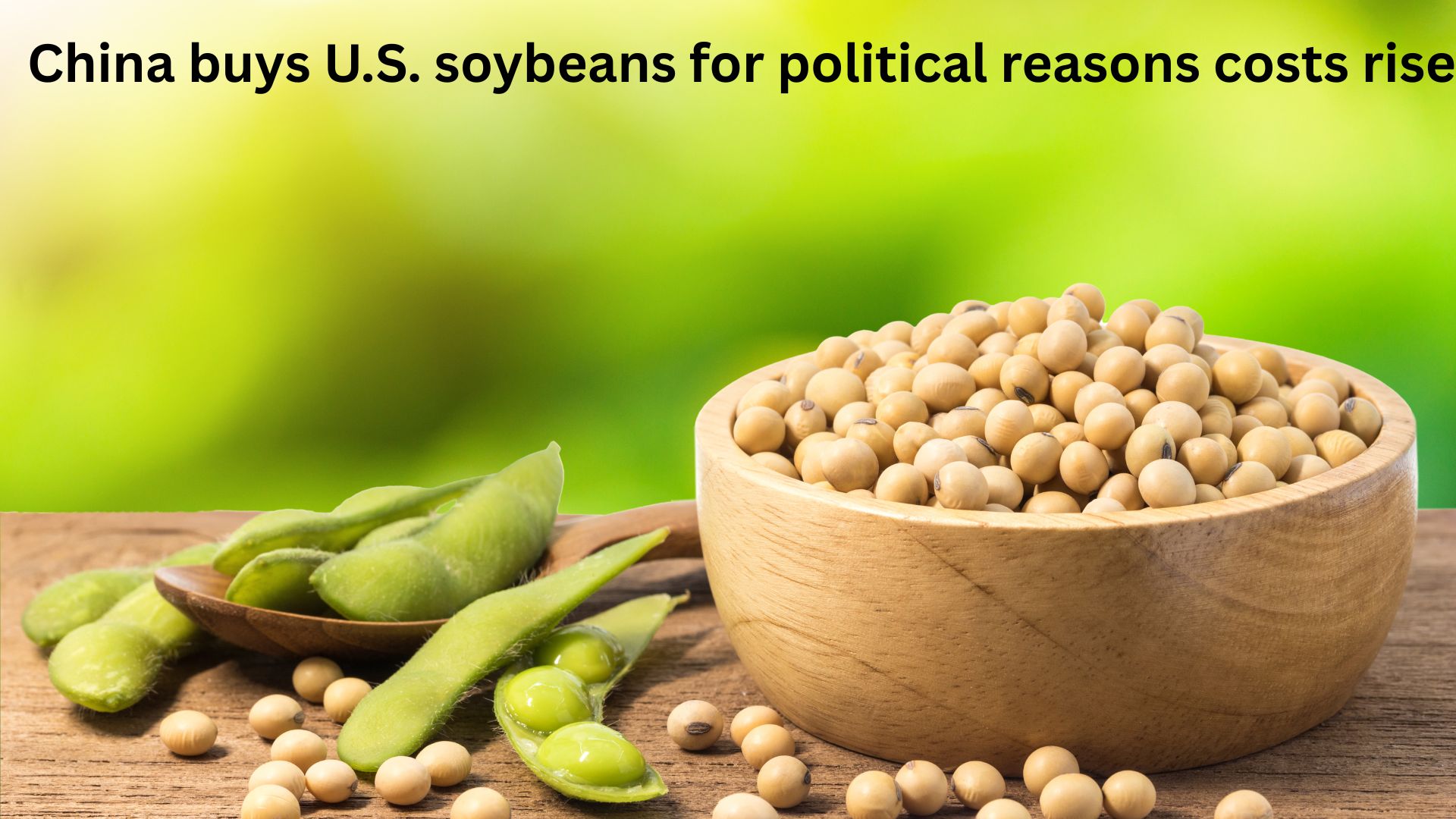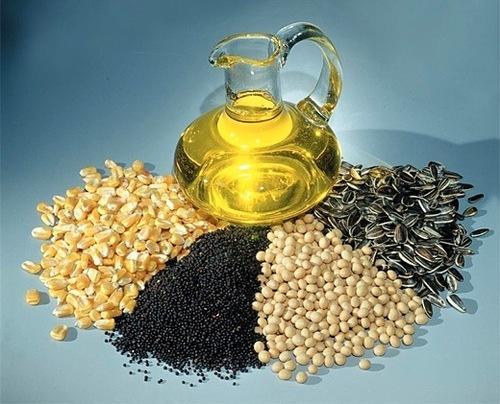Bangladesh has asked India to provide at least 0.5 million tonnes (mt) of parboiled rice on a government-to-government (G2G) basis for distribution through ration shops. The Sheikh Hasina Wajed administration has contacted India’s High Commissioner to Bangladesh for the supply, according to trade sources, even though Dhaka has issued two tenders for the importation of parboiled rice, importing Indian rice each for 50,000 tonnes. The December 6 and December 12 floating tenders will close on December 21 and December 17, respectively.
Bangladesh has contacted India after a group from Dhaka, which included the Food Secretary and Director General of the Food Directorate, visited Vietnam, Thailand, and Cambodia last month to hunt for supplies. The sources claim that Bangladesh moved to India because it was unable to purchase parboiled rice from these three nations at a price that was competitive. According to the sources, one of the four organizations NAFED, NCCF, Kendriya Bhandar, and Kribhco Agri could be sending rice to Bangladesh on a G2G basis. Thailand Rice Exporters Association, stated Pakistan’s offers for parboiled rice are between $453 and $457 per tonne, whereas Thailand is now offering it for $468 per tonne.
Indian parboiled rice is available for $373 and $377. In the last two weeks, Thailand’s offer price has grown by $56 a tonne, but Pakistan’s cost has barely changed. The cost of goods in India, however, has decreased by $1. Despite claiming to have abundant rice supplies, the Wajed government has started importing rice via G2G and private trading in order to head off potential crises. Since Bangladesh’s paddy crop has been impacted by weather, first by floods and subsequently by dry weather, prices for rice have risen during the previous several weeks.
Given that its exports have not been restricted, India may not have any issues supplying parboiled rice to Bangladesh. Fully broken rice shipments are prohibited as of September 9 as part of the Centre’s decision restricting rice exports, which also places a 20% export levy on non-basmati white rice. Basmati and parboiled rice are exempt from any restrictions. However, due to concerns that the Kharif paddy harvest may be reduced as a result of the affected key growing regions in West Bengal, eastern Uttar Pradesh, Bihar, Jharkhand, and Odisha, rice prices have been rising across the nation.

